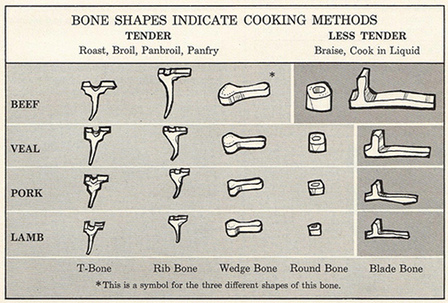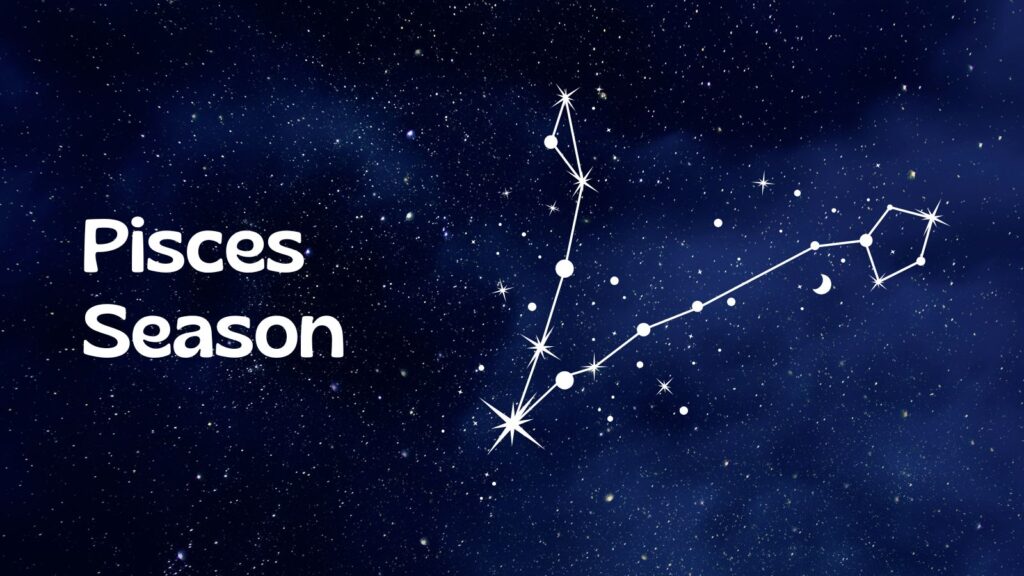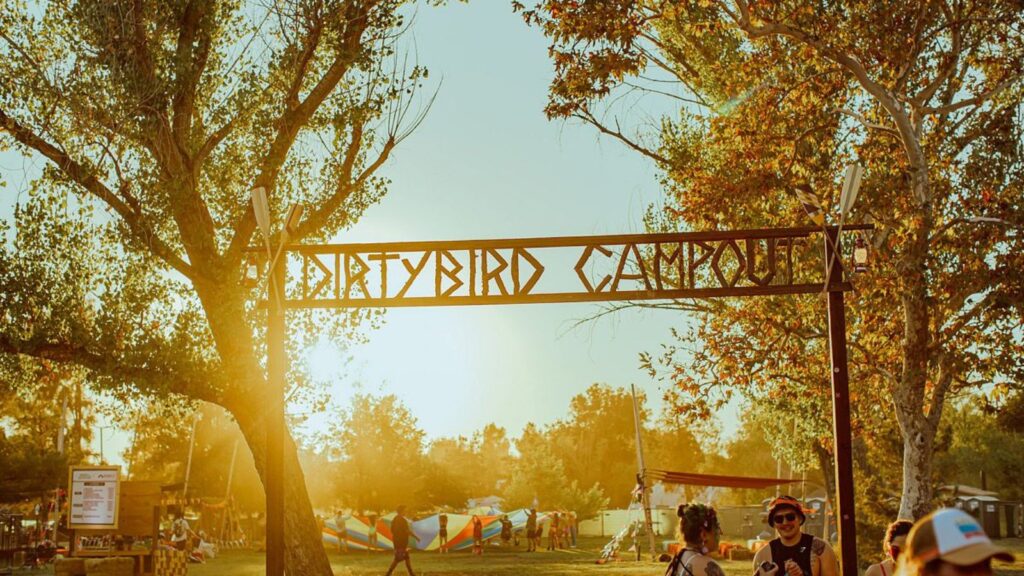I keep having this nagging
notion that all life is sacred. That means animals and
plants. And that Life depends on Life to exist, however hard that is to accept.
So with years spent vacillating between vegetarianism and veganism, often
feeling justified in my moral uprightness by not eating meat, this concept
reduces my "rightness" to rubble.
Disclaimer: I respect all
omnivorous, post-modern dietary choices. Meat-eater, vegetarian, vegan,
raw-vegan, paleolithic, whatever! But lately this poking, tug-at-my-sleeve
thought prevails every time I eat a meal: all
life is sacred.
Then I begin to see that
eating a piece of beef and eating a head of lettuce are both the consumption of
Life. If the life being taken has been honored, cared for, given proper
respect, then the act of eating becomes about unity and connection to other
life forms, which is the underlying truth of existence on this planet. And for
that matter, the act of eating also becomes a direct relationship to death.
Plants, seeds, birds, all must die in order for me to live. Or using different
language: energy must be recycled that I may live. Energy can neither be created nor
destroyed, they said blandly in high
school science. I understand that to mean all energy; the energy of a beating
heart, of respirating breath, even the energy of cell division.
With that in mind, a meal
takes on deeper meaning. So that taking the life of a turkey to celebrate
family and community and give thanks on a holiday begins to seem somewhat
appropriate. Especially if that turkey lived fairly, cared for and raised in
the neighbor's yard and I am taking responsibility for its death at my table.
Indeed my own mortality is tied up with that turkey's mortality.
Death used to be
acknowledged in the very essence of daily life for humans. From our earliest,
more tentative existence to the death practices of our recent ancestors. Tending
the body in the kitchen, showing it in the parlor, digging the dirt, placing
the gone-flesh in the ground. Now we have very little to do with death, fear it
to the extent of subtle mania, expose such in our over-zealous cleanliness and
insistence on letting others do the work for us. How did my grandfather get
from the hospital bed to that casket? How did my turnips get on that grocery
store shelf?
(By the way, insects and
weeds must die for us to have fresh produce. I remind myself of this crawling
through the garden pulling up dandelion and chicory, squishing stink bugs off
the squash leaves.)
The problem with being at
the top of the food chain, and having the frontal cortex that allows
analyzation and self-consciousness, is that we are cursed with knowing what it is that we do. I know that bug will never fly again into the
cool night. You know you take a beautiful summery day or the acrid smell of
rain on hot earth away from that chicken. Does the chicken know? Does it
matter? We know. But the great gift of being human, of having that frontal
lobe, is the same as its curse: self-consciousness! Being present for every
moment of excitement, expectation, sorrow, anger, fear, and gratitude. All
emotions of daily life. All emotions involved in the reaping and preparing of
animals, birds, fish or plants for daily nourishment. This is the emotional
framework of the life/death cycle.
Whereas once upon a time we
were present with and mandatorily (by nature of the exchange) took
responsibility for taking life that sustains our own, now we can walk in a
grocery store and buy lamb chops cleaned and tidied in clear plastic wrap, or
reach for a sealed bag of spinach with perfectly formed leaves minus bug holes.
Perhaps the omnivore's dilemma is the same as the dilemma of contemporary
society; that is a seeking of connection to the nourishment that sustains our
life. Of seeking connection, God, community, all things that are just different
names for the same thing.
As I write this I still
have not eaten meat exactly. I did resume eating eggs (local pasture raised)
and brewing my own bone broth. Bone broth, as I have come to understand, is
full of easily absorbed essential minerals, glucosamine, and gelatin. I can
attest that my body has responded kindly to this new nourishment. As a matter
of fact I have fallen into a new weekly rhythm around my broth. I walk to the
local butchery a few blocks away, where the woman butcher and her employees all
know me and greet me when I come in. Every week I ask questions and they offer
answers, we laugh, talk about the upcoming local goings-on while I pick up my
poultry bones and a dozen farm eggs. My butcher believes in working with local
farmers and clean, properly-fostered meats. This makes me trust her. They find
me somewhat amusing, the new lady who only buys bones and eggs, who is too
timid yet to buy a whole bird to cook, eating the meat and utilizing the bones;
but we get along. I then walk home and brew the bones in a pot for six plus
hours. I spend those hours at home with the soft smell of food wafting through
my house as I clean or read or tend to phone calls with friends. On Sunday I
make a soup with the broth that when I taste it, has such a richness and depth
that my whole being feels nourished…from the friendliness at the butchery, to
the time spent preparing my food, to the sitting down and offering it to my
body. And every week I take a big bowl to my mother. All this from a simple
bone broth.
I still tend to find the
vegan option on the menu when dining out (unless it's an organic establishment)
because I lack trust in the typical sources of fish, meat, and eggs; and for
energetic and health reasons I choose not to put industrial-produced animal
products in my body. Though by now my undeniable hankering to take full
responsibility for my place in the food chain has proved worthwhile. I find to
do this authentically, I must acknowledge death in each bite as intimately as I
acknowledge the life. Still curiously surprised by where this strange notion — All life is sacred — is taking me; I go willingly. And giving proper
thanks.
Image by Thoth, God of Knowledge, courtesy of Creative Commons license.













